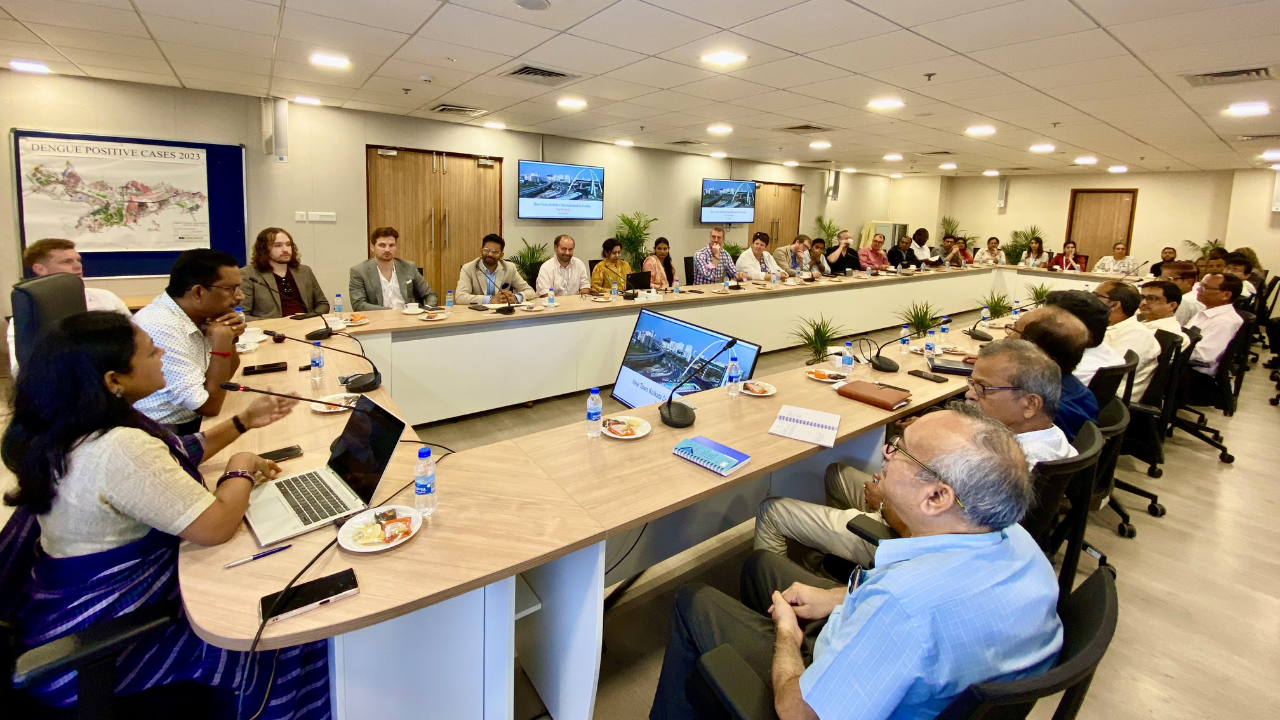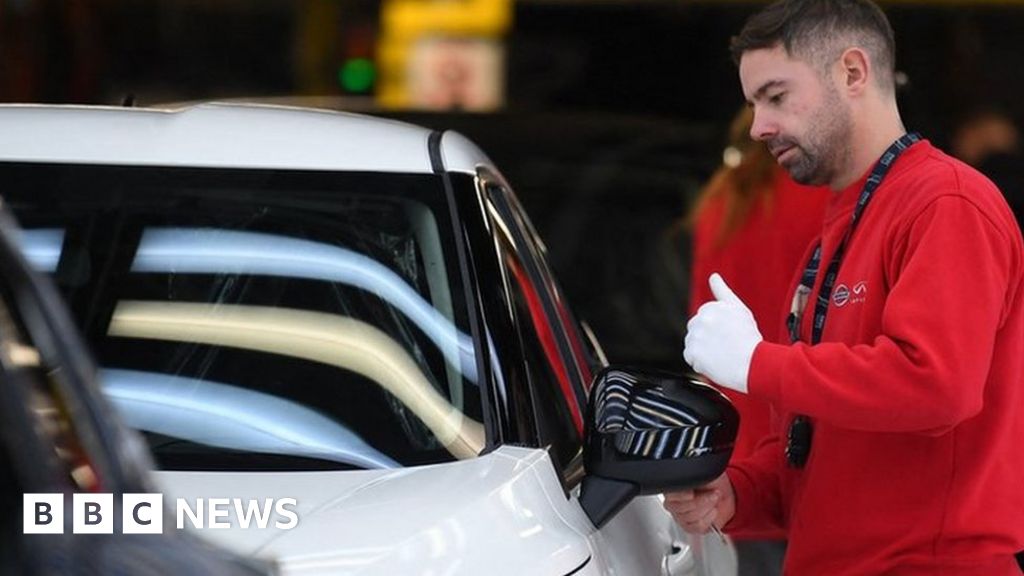Amazon aggregators have raised upwards of $12 billion in 2021, including equity and debt financing. Following their early success in the United States, aggregators, represented by Thrasio, have announced investment of hundreds of millions of dollars in brand acquisitions in the UK, Germany, Japan, China and India.
We have seen their success in the European and Indian markets, but they have had little success in China, despite a flurry of activities. Although there is no direct Amazon market in China, Chinese sellers account for more than half of Amazon’s suppliers. Chinese sellers are skillful at managing stores and supply chains, but they are inexperienced when it comes to communicating with European and American customers. This market, which is too large for Amazon aggregators to ignore, may require a more localized aggregating strategy. We have seen exploring efforts to leverage China’s strengths from Nebula Brands, a company based in Beijing.
Nebula Brands announced last year that it had received more than $50 million in equity investment from L Catterton, a well-known consumer fund, and that it had acquired many Amazon brands in China. It seems to be similar to companies like Thrasio in terms of business model. It receives equity and debt funding from worldwide US dollar funds and acquires top-ranking Amazon brands in the European and American markets. However, in order to harness the Chinese market’s potential, Nebula Brands considers the local strengths in its approach.
As Nebula Brands provided financing services to a wealth of Chinese Amazon sellers before becoming an aggregator, it is easier for Nebula Brands to identify these brands that want to be sold. In addition, Chinese sellers rarely have access to the capital market, and, as a result, have a natural aversion to sharing their data and supply chain with foreign acquirers. Moreover, the process of collaborating with overseas acquirers will take a long time due to the significant geographical distance. Chinese sellers have generally lost trust in companies such as Thrasio in terms of acquisitions. On the other hand, Nebula Brands can secure the best project suppliers through offline matchmaking and establishment of seller communities based on trust and process advantages, as evidenced by a slew of success stories. The massive high-quality project sources are the cornerstone of brands with the best potential.
Moreover, the Chinese market’s greatest advantage is the supply chain in the “world factory”, which is evident in the many types of products as well as research and development in recent years. However, due to distance and management issues, European and American Amazon aggregators are inclined to acquire Chinese brands with the simplest supply chain to facilitate future management, but such brands often find it difficult to maintain their category. The supply chain is the biggest advantage of Nebula Brands, which can acquire a complex supply chain and establish close and diverse cooperative relationships with factories to ensure their advantageous products. It can also better coordinate the supply chain after acquiring a wealth of brands, such as integrating factories and logistics, and managing production in a digital way.
In terms of the in-depth management of the supply chain, China has amassed the engineer dividends over the years. Fast fashion brands like SHEIN achieve global expansion through a professional supply chain management system. Nebula Brands also has abundant talents in this regard. Besides, it has established an international team more than 80% of whom have global work and study experience in terms of multinational brand management, channel expansion and so on.




























